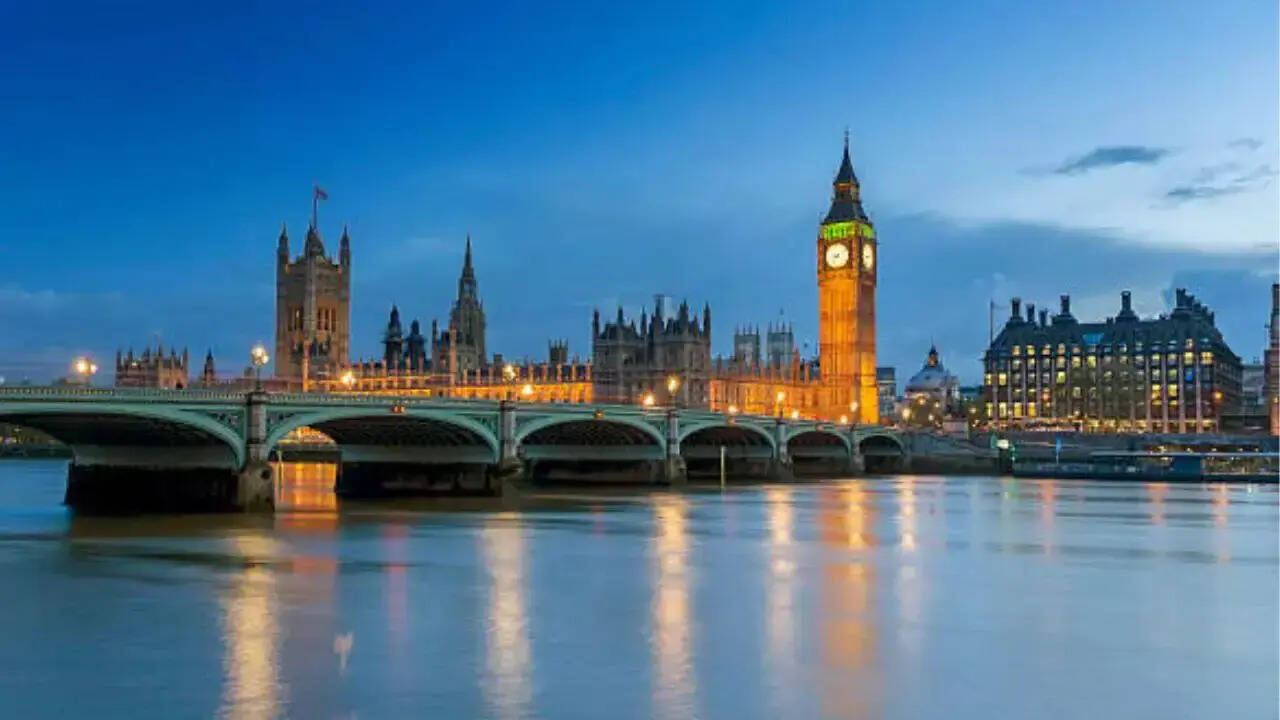
Researchers said the negative effects “accumulated gradually,” becoming harder to ignore as persistent uncertainty, new trade barriers, and higher costs took hold.
A new study has found that Brexit has inflicted nearly twice the economic damage previously estimated by the UK’s official forecaster, intensifying pressure on the government ahead of next week’s budget.
Brexit’s Economic Damage Worse Than Expected
A working paper published by the National Bureau of Economic Research (NBER) — co-authored by senior Bank of England economist Philip Bunn — concludes that Brexit has cost the UK 6% to 8% of GDP per person over the past decade. That translates to £180–£240 billion in lost output.
By contrast, the Office for Budget Responsibility (OBR) previously estimated a 4% long-term hit.
The paper, presented to the OBR, finds that Brexit has:
Reduced productivity by 3% to 4% since 2016
Weakened investment and employment
Increased uncertainty, causing businesses to divert resources away from growth
Researchers said the negative effects “accumulated gradually,” becoming harder to ignore as persistent uncertainty, new trade barriers, and higher costs took hold.
Government Faces Tough Fiscal Decisions
Chancellor Rachel Reeves is preparing to unveil a budget shaped heavily by a major downgrade in the UK’s long-term growth outlook.
A recent OBR reassessment — largely driven by weaker productivity — has created a £20 billion fiscal gap, which Reeves aims to close through significant tax increases.
Reeves has repeatedly linked the UK’s lagging productivity to the nature of its Brexit departure, echoing comments from Bank of England Governor Andrew Bailey, who warns the drag on growth will continue “for the foreseeable future.”
Growing Public and Political Pressure
The study arrives amid rising public dissatisfaction: a YouGov survey shows 56% of Britons now believe Brexit was a mistake.
Labour hopes to rebuild relations with the EU to recover some of the lost output. If GDP were 6% higher, Reeves would have £60 billion more to work with — without raising taxes.
Meanwhile, Nigel Farage’s Reform UK party continues to dominate polls, signalling deep voter frustration as the economy struggles to regain momentum.
Brexit’s Effects Still Deepening
According to the paper, the economic damage has continued even after the 2021 Trade and Cooperation Agreement took effect.
Comparisons with a “synthetic UK” built from similar economies showed a widening economic gap. By 2021, the UK faced a 4–6% GDP shortfall; by 2025, it had deepened to 6–8%.
The study highlights reduced innovation, falling business investment, weaker demand, and productivity losses as key drivers of the sustained slowdown.
